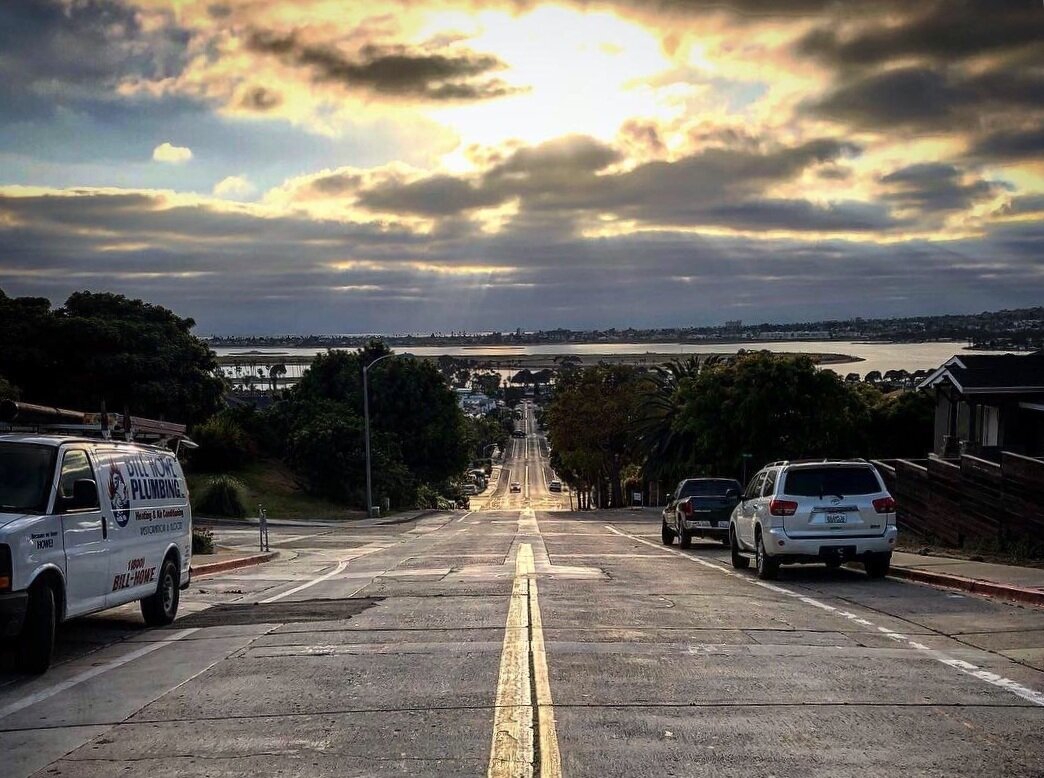
WRITING AFTER SUNSETS
For years, I maintained a separate blog called writing after sunsets as a place for my thoughts on writing, reflections on teaching, and an outlet for writing that matters to me in ways that make me want to control how it is published. It has also been, from time to time, a platform for the work of others I know who have something to say.
Now, with this site as my central base of online operations, I’m folding that blog into the rest of my efforts. All previous content is here for easier access, but the heart of writing after sunsets remains in both my earlier posts and those to come.
Books — An American Marriage
But what I am more interested in here is the way in which the setting of this novel is a mute but never voiceless fourth main character. The world is a force bent on the destruction of relationships, forcing Roy, Celestial, and Andre to bear up under its constant, crushing weight.
As part of my sabbatical, I read widely and by choice, dipping into books I’ve wanted to get to but could not as well as several that came out recently. As part of my post-sabbatical reflections, I’ve written several short but specifically focused responses to some of what I read. These responses, like the one below, focus on one element each from a select list of readings and represent the best of what I encountered.
An American Marriage
Tayari Jones, Algonquin Books (2018)
Find the book here. Check out Jones’s website here.
There is a moment early in An American Marriage that frames the entire tragedy of this great novel.
Roy Hamilton, one of the book’s three main characters, has been accused of raping a woman at a motel near his small hometown. Celestial, his wife, knows he could not have committed the crime as they were together in their own room when it happened.
At Roy’s trial, she is called as an eyewitness for the defense and testifies to this effect. Regardless of this, Roy is convicted despite the fact that there is no physical evidence he committed the crime and an eyewitness who could vouch for where he was when the crime occurred.
But none of this truth matters in the opinion of the jury. Reflecting back on the trial, Celestial remembers the moment this way:
“What I know is this: they didn’t believe me. Twelve people and not one of them took me at my word….Even before I stepped down from the witness stand, I knew that I had failed him” (38).
This is the power of An American Marriage, the story of three lives torn apart by the pervasive racial bias and violence against black bodies perpetrated by the American legal system. By all accounts, Roy should have been found innocent and returned to his life of middle class striving in Atlanta.
But, because he is black, the presumption of his guilt supersedes any advantages he may have had and he is sentenced to 12 years in prison. Torn apart, their marriage strains more and more at the seams until Celestial forms a new relationship with her childhood friend Andre (who introduced her to Roy), and all three are forced to weather various ways America is still constructed to destroy black families.
Against this backdrop and in a shared narrative between these three voices, Jones weaves a masterwork of fear and longing and strength and failure. I could spend an entire post on the way she merges a traditional novel format with the epistolary mode of storytelling and a multi-voiced construction so seamlessly and with singular power.
But what I am more interested in here is the way in which the setting of this novel is a mute but never voiceless fourth main character. The world is a force bent on the destruction of relationships, forcing Roy, Celestial, and Andre to bear up under its constant, crushing weight.
Their efforts are imperfect and the ending is anything but neat as Roy is released and tries to reconcile with Celestial—the hope of which kept him alive in prison—only to discover she and Andre have grown together in his absence. But they are real humans in the face of great inhumanities.
The fact that they survive is a testament to their strength. The fact that they have to is a testament to our great weakness as a society.
This novel is an open question regarding whether or not we will ever look long enough at the stories that could show us how badly we need to change.


